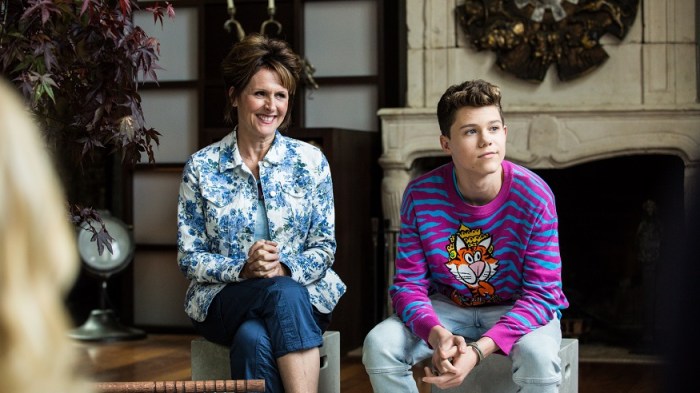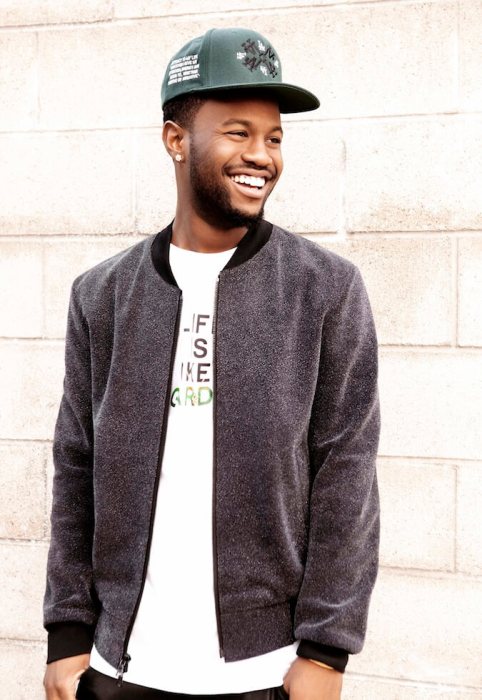To Americans, Danish actor Mads Mikkelsen is best known for baddies: the bleeding-teared Bond villain of “Casino Royale” and the good cannibalistic doctor on “Hannibal.” But he’s just as capable of decency. In “The Salvation,” a Western both retro and modern (in that it amps up the ultraviolence), he plays a good man — an immigrant who launches into revenge after his wife and young son are murdered by outlaws, thus enraging the fearsome likes of Jeffrey Dean Morgan and his “Royale” costar Eva Green. Was he a fan of the genre?: “I was when I was a kid, like everyone else. But I wasn’t a huge fan. It wasn’t until I saw the Sergio Leone films [‘The Good, the Bad and the Ugly,’ et al.] and ‘Unforgiven’ Clint Eastwood that I saw the artistic side of Westerns.” What “The Salvation” does that other Westerns do not: “It brings more humanity to the genre. We’re dealing with people who are not gunslingers but just people. [His character] is a normal man. He’s not aware that he’s going to be a hero, as opposed to a lot of other Westerns. Heroes tend to be aware of what they’re good at and have to step it up. He’s harmless.” What the film says about civilization in the 19th century: “We have the civilization that we’ve been fighting for since the second World War. At the same time we have a strong urge to be inhuman once in awhile — to go with nature and our basic instincts. Can we stay civilized, is the question, and still do what we believe is right? Every society is asking themselves this question. We have to make sure we behave, but at the same time sometimes we don’t want to. We want to do something else.” The challenge of acting in a Western, and period films in general: “Once we dressed up and got our hats on and sat on a horse, and everyone around us was looking the same, it was easy. With historical period pieces you’re stepping into a universe. Just by the look of it you get a strong sense of the period.” The cast’s mix of European, British and American actors: “It’s set in a time in American when a lot of foreigners were coming in. America was still mostly foreigners: Swedish, French, German, Italian. We could get away with having funny accents, because that’s America’s story. We could have all tried to act American, but that would mean so many broken accents.” His love for playing introspective, quiet characters: “I have a love for that old tradition of movies, where it’s something you only watch, something purely visual. You can say a lot with only a tiny little person in a giant landscape surrounded by mountains. I’ve done a number of films with very little dialogue. But I’ve also done extremely wordy films. But in the beginning it was the former — it was silent films, only about what the eye can catch. The mix of the two is what I prefer. I don’t necessarily think we have to explain to the audience in words what they’re looking at. On the upcoming third season of “Hannibal”: “He’s on the run in Europe. But when Hannibal’s on the run, he’s not necessarily hiding. He’s having a ball.”
Follow Matt Prigge on Twitter @mattprigge
























